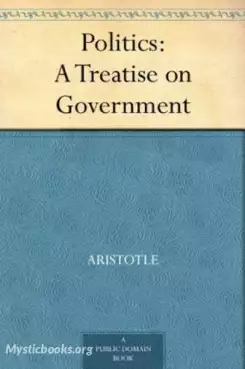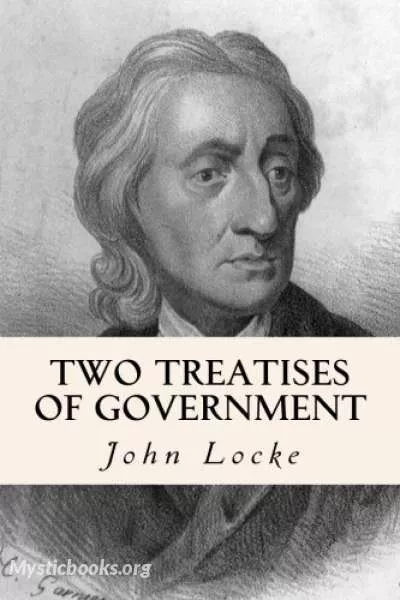
Two Treatises of Civil Government
by John Locke
'Two Treatises of Civil Government' Summary
Two Treatises is divided into the First Treatise and the Second Treatise. The original title of the Second Treatise appears to have been simply "Book II," corresponding to the title of the First Treatise, "Book I." Before publication, however, Locke gave it greater prominence by (hastily) inserting a separate title page: "An Essay Concerning the True Original, Extent and End of Civil Government." The First Treatise is focused on the refutation of Sir Robert Filmer, in particular his Patriarcha, which argued that civil society was founded on a divinely sanctioned patriarchalism. Locke proceeds through Filmer's arguments, contesting his proofs from Scripture and ridiculing them as senseless, until concluding that no government can be justified by an appeal to the divine right of kings.
The Second Treatise outlines a theory of civil society. Locke begins by describing the state of nature, a picture much more stable than Thomas Hobbes' state of "war of every man against every man," and argues that all men are created equal in the state of nature by God. From this, he goes on to explain the hypothetical rise of property and civilization, in the process explaining that the only legitimate governments are those that have the consent of the people. Therefore, any government that rules without the consent of the people can, in theory, be overthrown.
Book Details
Language
EnglishOriginal Language
EnglishPublished In
1689Authors
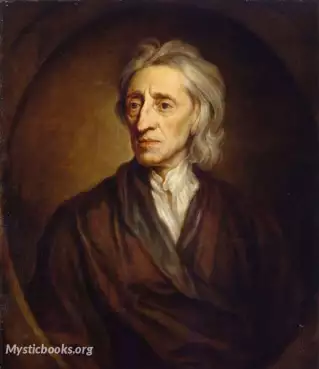
John Locke
England
John Locke was an English philosopher and physician, widely regarded as one of the most influential of Enlightenment thinkers and commonly known as the "Father of Liberalism". Considered one of the fi...
Books by John LockeDownload eBooks
Listen/Download Audiobook
- Select Speed
Related books
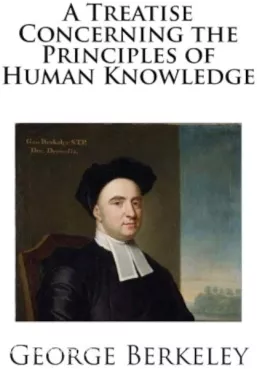
A Treatise Concerning the Principles of Human Knowledge by George Berkeley
Does the world exist outside of your mind? In his groundbreaking philosophical work, A Treatise Concerning the Principles of Human Knowledge, George...
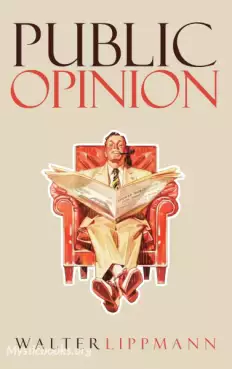
Public Opinion by Walter Lippmann
Public Opinion is a book by Walter Lippmann published in 1922. It is a critical assessment of functional democratic government, especially of the irra...
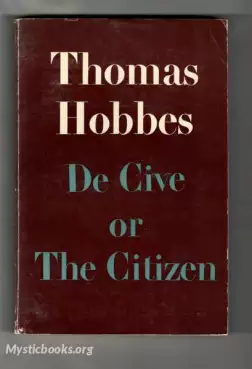
Philosophical Rudiments Concerning Government and Society, De Cive by Thomas Hobbes
De Cive ("On the citizen") is one of Thomas Hobbes's major works. The book was published originally in Latin from Paris in 1642, followed by two furth...
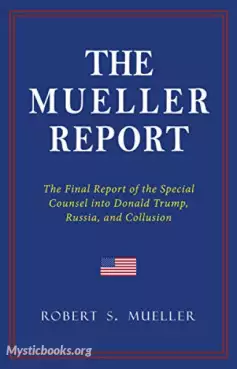
The Mueller Report by Robert Mueller
The Special Counsel investigation was an investigation into Russian interference in the 2016 United States elections, links between associates of Dona...
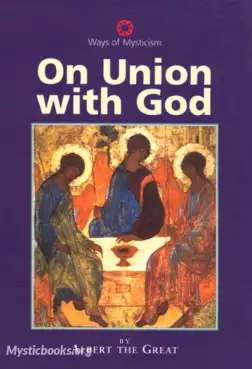
On Union with God by Blessed Albert the Great
How to rid yourself of troubling thoughts, concerns and outside distractions and learn to focus on acquiring a continual relationship with God inside...
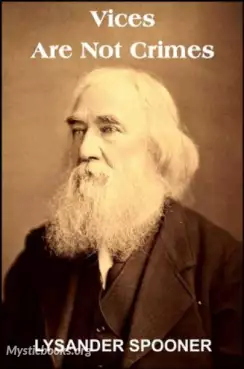
Vices Are Not Crimes by Lysander Spooner
“Except those great crimes, which the few, calling themselves governments, practice upon the many, by means of organized, systematic extortion and tyr...

Brihadaranyaka Upanishad by Anonymous
The Brihadaranyaka Upanishad is one of the Principal Upanishads and one of the first Upanishadic scriptures of Hinduism. A key scripture to various sc...
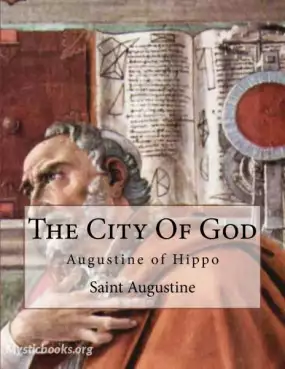
The City of God, Volume 2 by Saint Augustine of Hippo
On the city of God against the pagans, often called The City of God, is a book of Christian philosophy written in Latin by Augustine of Hippo in the e...
Reviews for Two Treatises of Civil Government
No reviews posted or approved, yet...

